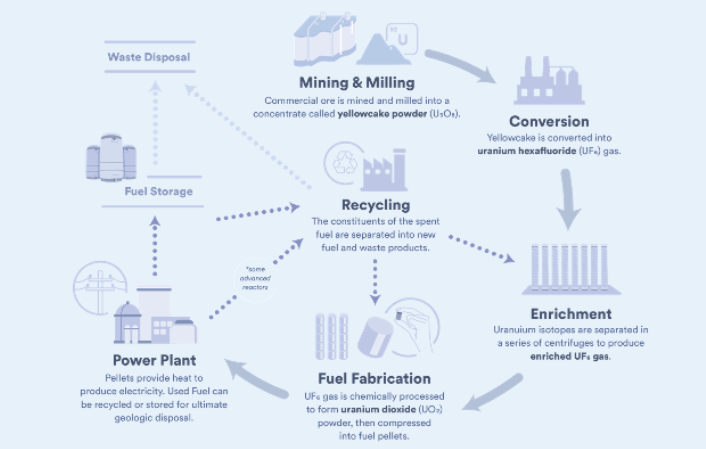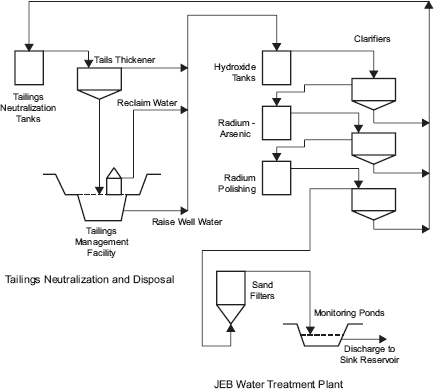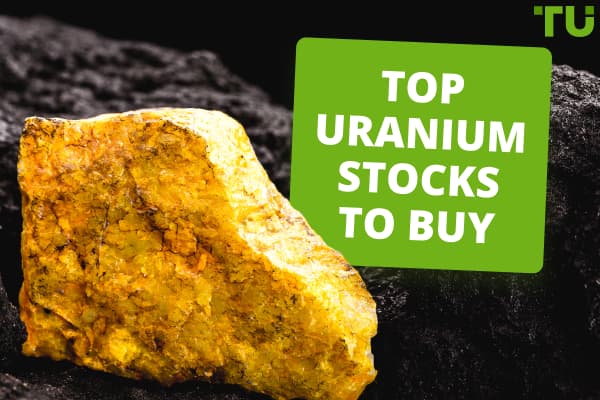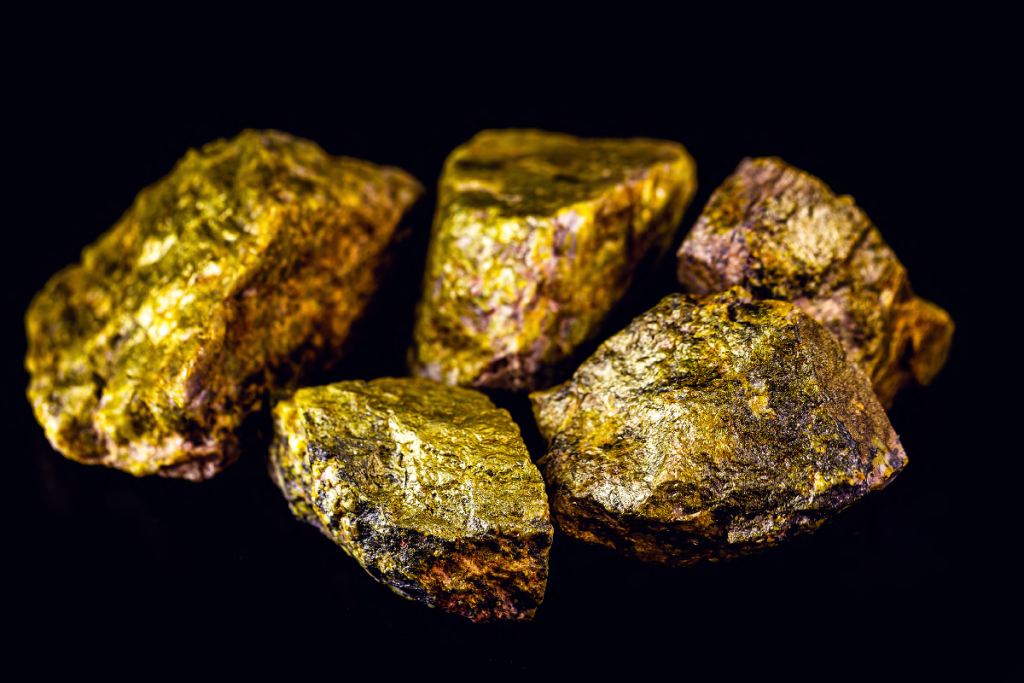The Impressive Function of Rock Extraction as Natural Assets
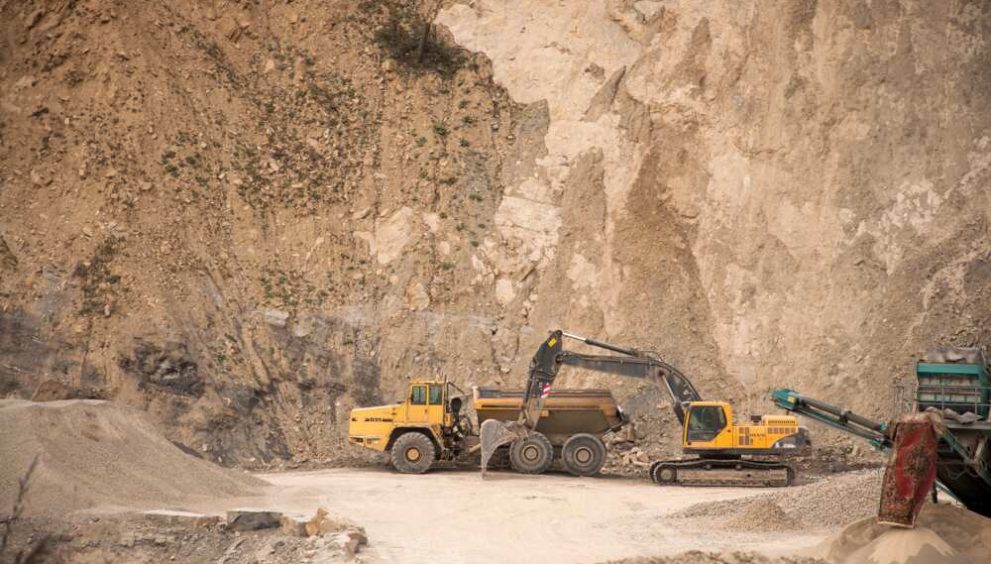
Rock extraction and its utilisation result in environmental repercussions but implementing sustainable methods can reduce the adverse effects and lead to an eco-friendlier future.
Rocks serve as valuable natural resources that drive economic growth and sectors globally, ranging from valuable minerals to rare metals like gold and diamond.
Gold, silver, and diamonds are highly valued not just for their aesthetic appeal but also for their financial worth, leading to the development of industries dedicated to their extraction and trade.
This article @ Zik Natural Resources, explores the process by which rock extraction is converted into valuable resources and their significant influence on our everyday existence.
The Influence of Rock Extraction and Utilisation on the Environment
Although the economic advantages of rock extraction and utilisation are clear, it is crucial to also consider the environmental consequences linked to these operations.
- Opencast mining for rock extraction can lead to habitat damage, soil erosion, and water contamination. Additionally, the emission of harmful compounds during processing and purifying rocks can cause lasting harm to habitats and human health.
- Deforestation, a result of rock extraction, worsens the environmental damage. Deforestation from mining activities not only destroys habitats but also worsens climate change by decreasing carbon dioxide absorption.
- The extraction of hydrocarbons from rocks results in the production of atmospheric greenhouse gases, which contribute to the planet’s overall temperature rise and issues associated with climate change.
- Governments and companies are increasingly implementing sustainable practices in rock extraction and utilisation to address environmental problems. This involves enforcing stringent laws on waste disposal, restoring mining areas, and utilising greener technologies.
Subscribe to www.zikresources.com for interesting and valuable content.
Sustainable Rock Extraction
It is crucial to implement sustainable techniques in rock extraction and utilisation to reduce the effect on the environment and preserve natural resources. Governments, companies, and communities are becoming more aware of the significance of responsible management of natural resources and are moving towards adopting sustainable practices.
- Sustainable rock extraction involves reducing waste and maximising the use of extracted resources. Utilising cutting-edge technologies to extract and process natural resources will more accurately and technically minimise the volume of soil and wastewater dumped on the land and water as effluents.
- Land reclamation initiatives involve the restoration of vegetation, erosion management, and assuring the safety and steady state of the land. Land reclamation helps reduce environmental damage and aids local populations by recovering ecosystems and creating recreational areas.
- Sustainable practices focus on increasing recycling and using the “circular economy models to improve utilisation. Reproducing metals and other commodities obtained from rocks decreases the necessity for new extraction, preserves energy, and minimises waste.
Subscribe to www.zikresources.com for educative content.
The Innovative Applications of Rocks as Natural Resources
Rocks are now utilised in new and creative ways, highlighting their adaptability as natural resources. Rocks possess distinctive characteristics that make them well-suited for a wide range of uses in numerous sectors, resulting in innovative progress and opportunities.
- Rock extraction is playing a vital role in advancing technology. Graphite, originating from metamorphic rocks, is a crucial element in batteries made of lithium-ion, which fuel a variety of devices such as electric vehicles. Moreover, minerals such as quartz as well as feldspar are crucial for manufacturing materials such as ceramics and glass, which are utilised in displaying visible particles, and electronic parts.
- In the construction sector, rocks are utilised for purposes beyond conventional building materials. Geopolymer concrete is created by mixing rocks with a catalyst solution, providing a more sustainable and long-lasting option compared to conventional cement-based concrete.
- Rock extraction is also being used in environmental and agricultural tasks. Zeolites, a mineral group included in volcanic rocks, possess exceptional water and air filtration characteristics. They are utilised in the treatment of wastewater, air filtration, as well as soil supplements to enhance retaining nutrients and water utilisation in agriculture.
In conclusion, the process of rock extraction, from their creation in the outermost layer of the planet to their conversion into valuable resources, is intriguing. The extensive series of activities necessary for exploring, extracting, processing, and using them, demonstrates the significant effort and advanced technology needed to access their potential.
The implementation of sustainable methods in rock extraction and utilisation, along with the advancement of alternative materials and technology, provide a pathway to appropriate resource management.
Ensure to share this www.zikresources.com valuable and informative content on your different social media platforms.


